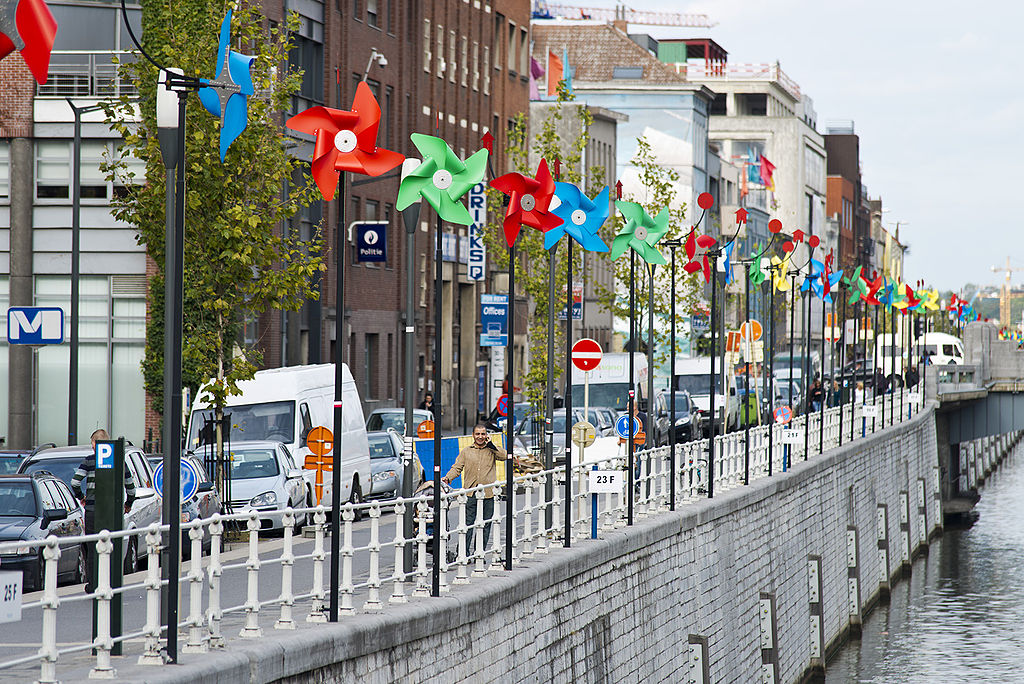After expressing its intent to compete for the title of European Capital of Culture at the start of 2024, Molenbeek submitted its official candidacy to the Belgian selection committee on Monday 2 September.
With the backing of all 18 other Brussels municipalities, Molenbeek is vying for the Belgian title of European Capital of Culture in 2030. The Brussels commune will be competing against six other Belgian cities, including Bruges, Ghent, Kortrijk, Leuven, and Namur.
Once the candidates have presented their bids to an international jury panel at the Royal Library of Belgium in Brussels, the shortlisted municipalities will be announced on October 24.
"We are confident that we will make it to the second round," co-mission holder of Molenbeek for Brussels 2030 Jan Goossens told VRT. "This is certainly a day of great joy and relief for us. Our dossier is the result of two years of intense cooperation with cultural centres in Molenbeek and across Brussels, two universities, diversity centres and the government. We are very proud of it."
Every year since 1985, the title of European Capital of Culture is given to one or more European cities. The initiative is designed to celebrate Europe's diverse cultures, strengthen a shared sense of identity, and promotes culture's role in urban development.
As European Capital of Culture, Molenbeek aims to showcase the city's socio-cultural initiatives and the strengths of its historic and contemporary cultural sector.
Although the details of the programme have not yet been released, it is set to revolve around four themes: an equal and just city, a super-diverse city, a blue and green city, and a safe city. "These are big social issues, but we are convinced that artists, culture houses and residents must all jointly contribute towards the liveable city of tomorrow," commented Goossens.
As a sneak-peek for what the canal-side commune would have to offer Europe as a cultural capital, Molenbeek for Brussels 2030 will be organising MolenFest. From September 12 to 22, a wide range of events—including dance, circus acts, music, theatre, debates, and film screenings—will take place in parks, squares, and notable venues such as Recyclart and Kaaitheater.
Alongside the Belgian city, two other cultural capitals will selected for 2030, including one in Cyprus and one from a country outside the European Union. The third country could be an EU candidate country, or one from inside the European Economic Area.

